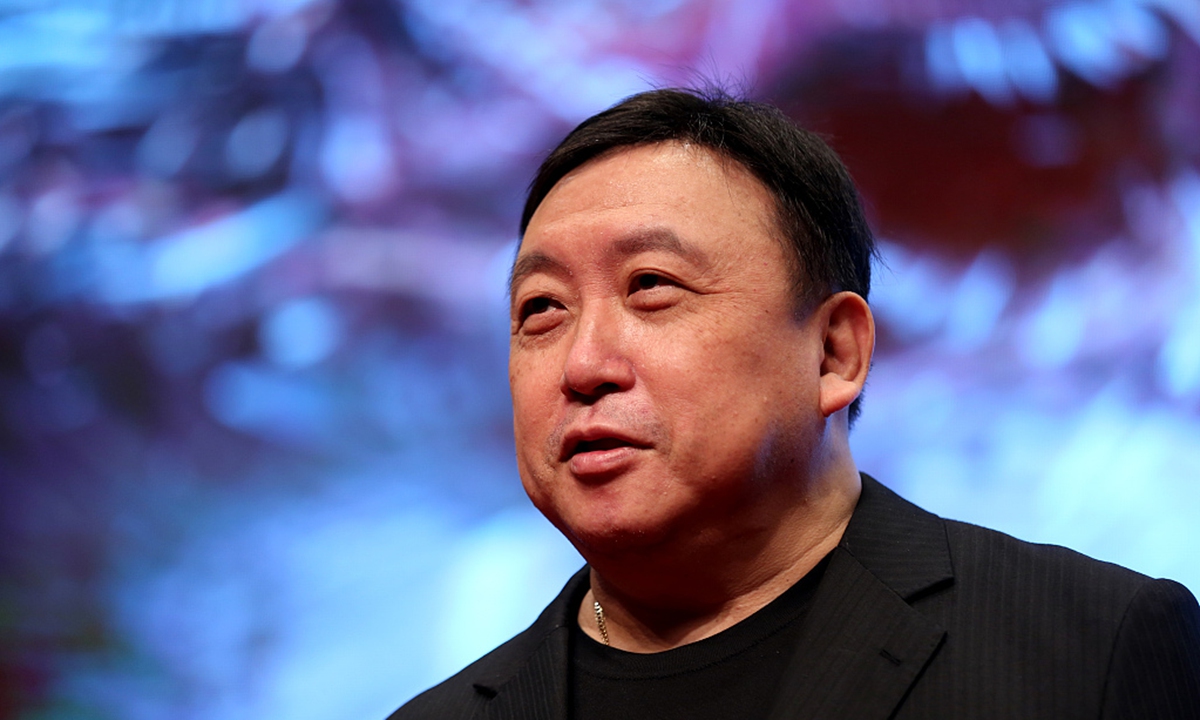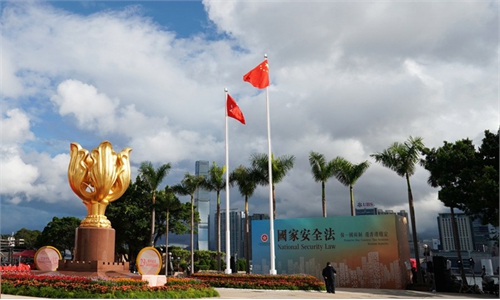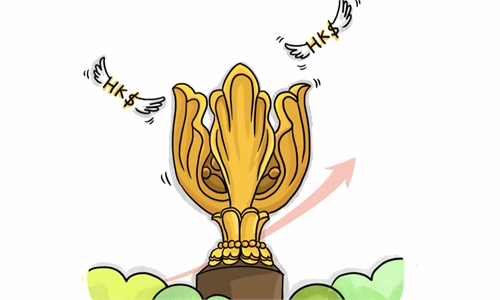Film censorship bill revisions will not erode creativity, only restrict anti-govt, secessionist ideology: HK director Wong Jing

HK director Wong Jing File photo: VCG
The potential amendment to the film censorship bill of the Hong Kong Special Administrative Region (HKSAR) will not squeeze the creative space of filmmakers, but will only impose restrictions on those who convey anti-government and secessionist ideology in their films, said famous Hong Kong film director and producer Wong Jing in an exclusive interview with the Global Times on Thursday.On Tuesday, the HKSAR government said it will propose amendments to the Film Censorship Ordinance to set out explicitly that a censor should consider whether the exhibition of a film would be contrary to the interests of national security.
Secretary for Commerce & Economic Development Edward Yau said at a news conference that the Chief Executive-in-council has approved the introduction of the Film Censorship (Amendment) Bill 2021 into the Legislative Council (LegCo). The bill will be gazetted on August 27 and introduced into LegCo on September 1 for the first and second readings.
Wong dismissed those who are worried that the creative atmosphere of the Hong Kong film industry will shrink, saying that for law-abiding creators, the amendment of the bill will not have an impact. It will only ward off risks by anti-China troublemakers who seek to smuggle in contents contrary to the interests of national security. "Such an amendment should have been introduced long ago."
Wong pointed out that film censorship has always existed. Before China resumed exercise of sovereignty over Hong Kong in 1997, the city's films could be banned by authorities if deemed likely to harm friendly relations with neighboring regions and obstruct public order.
Before the return, the political items in Hong Kong films were usually "harmless jokes," but after the return, some anti-China secessionist forces started to exploit the loopholes in the Film Censorship Ordinance to try to brainwash the audience, Wong said. "At the same time, the censorship mechanism of the movies did not change at all, which gave these anti-China troublemakers room to survive."
"Basically, the British film censorship system is still in place, and the censor role is usually taken up by young people with little experience," Wong told the Global Times. "Many elements that cross the line are allowed. As long as explicit guidelines are not set out, some content in the gray area can be easily released."
Wong said that Hong Kong's directors and actors, especially those who often work with Chinese mainland filmmakers, are sensitive to content involving politics, especially national security. "But this does not mean that the room for creativity will be affected."
Based on experience in cooperating with the mainland, I believe the regulatory environment for filmmaking in Hong Kong has only improved rather than tightened, Wong told the Global Times.
"But if the film involves attacking one's own country and endangering national security, no country or region in the world would allow it."
For future film censors, Wong believed two criteria that are necessary. "First, they should love the country and Hong Kong, and at the same time, they should have professional knowledge of the film industry. And the Secretary for Administration should guard the final step."
"I don't think film censorship means the film industry should shun politics," Wong said. He added that many mainland films and TV dramas in recent years also involved politics, such as In the Name of People and Crime Crackdown. "More films of such subjects should be made."



